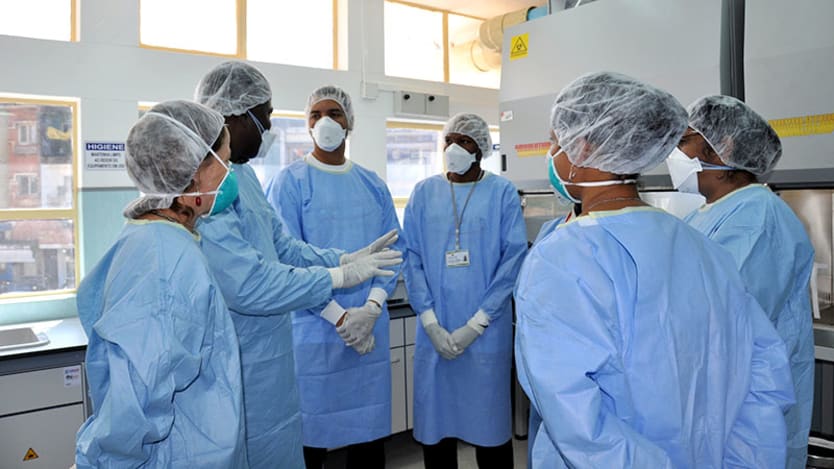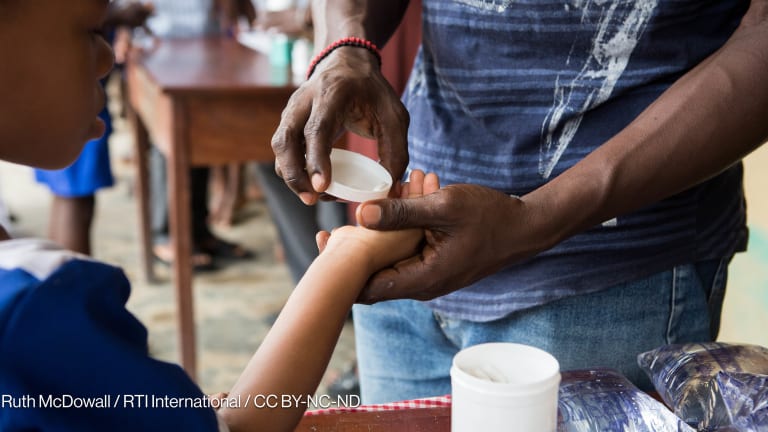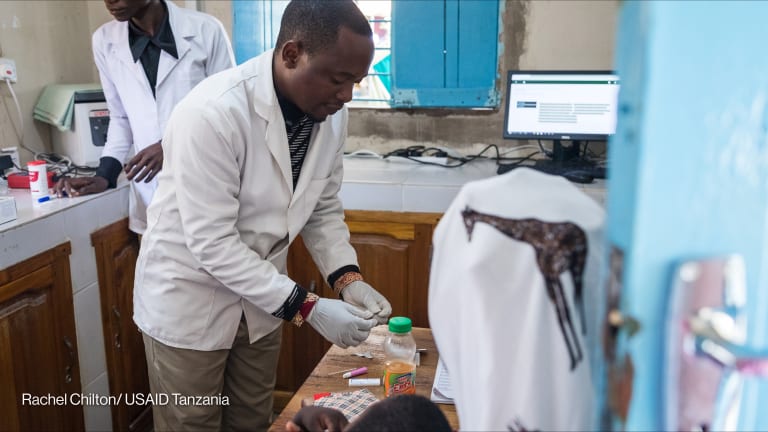
Imagine a disease that is the world’s biggest killer, with 1.5 million people dying from it each year. It is a disease that touches every country, but some, such as South Africa, Uzbekistan and India, have been hit particularly hard. This disease has a treatment which, in its simplest form, takes six months to complete. For the complex forms, treatment causes patients to become psychotic, attempt suicide, or permanently lose their hearing due to side effects and offers a 50 percent chance of cure at best; yet in the past 50 years, only two new drugs have been developed to treat a disease that many think is extinct. The disease? Tuberculosis.
Tuberculosis is a disease that affects millions of people today; in 2014, 9.6 million new cases required treatment. But it is a disease that mainly affects the poor, people in low- and middle-income countries. Multidrug-resistant forms of TB are particularly difficult to treat. MDR-TB — the result of TB bacteria becoming resistant to the standard, or first-line, drugs to treat TB — puts people through two years of treatment, including eight months of daily injections and a total of more than 14,600 pills to swallow. Many of the medicines to treat MDR-TB — some of them more than 50 or even 60 years old — have toxic side effects for people, such as deafness, psychosis and severe nausea.
So aren’t companies working on research and development into new treatments for TB patients?
TB can’t be treated with a single drug alone. It requires a combination of drugs to be used together as a treatment regimen. This need for regimens isn’t the barrier to developing new treatments. Since TB mainly affects people in LICs and MICs — typically people who can’t pay high prices for drugs — the market for TB regimens is far less lucrative than for other diseases. This lack of profitable market means promising drug candidates languish for the lack of a business case and significant sales figures, and scientific research into this global killer isn’t prioritized.
To illustrate the point, private-sector investment in TB research and development has fallen by a third since 2011, and since 2012, pharmaceutical companies Pfizer, AstraZeneca, Novartis and Vertex have all withdrawn from TB drug development, closing R&D facilities. The lack of market incentives makes it difficult for research organizations to enter the TB R&D field and to take TB drug candidates through to late-stage clinical research, leaving significant gaps in the pipeline: currently, there are only six new TB drug candidates in clinical development, and there is just one late stage clinical trial testing all new drug regimens.
We urgently need new treatment combinations to effectively, safely, quickly, affordably and simply treat all forms of TB. But in order for them to be developed, the status quo of R&D — where development occurs only when there’s a market incentive to do so — must change. We need to see the following:
• Increased investment: The current spending of $674 million on all TB R&D (vaccines, diagnostics and treatment) is only one third of the $2 billion annual funding target needed as outlined by the World Health Organization;
• An open collaborative R&D approach: Such an approach would incentivize research organizations to share scientific data and compounds to promote early regimen development; and
• De-link R&D cost from end product prices: This would ensure affordability and access of resulting treatments.
The 3P Project — an abbreviated form of “push, pull, pool” — aims to address these issues. It uses “pull” funding to incentivize developers through the promise of financial rewards on the achievement of certain R&D objectives (i.e. through milestone prizes), coupled with “pooled” intellectual property and data to ensure open collaborative research into regimen development. Finally, it makes use of “push” funding in the form of grants to develop the regimens. The project will increase the number of compounds in the pipeline, speed up regimen development, and help ensure those compounds make it to clinical trials and don’t just sit on a shelf, their potential unfulfilled.
But there’s no point in developing new drugs if no-one can afford them. The 3P Project addresses this by separating (or “de-linking”) the cost of R&D from the end price of the resulting treatments. Once a regimen receives regulatory approval, the individual drugs or fixed-dose combinations could be licensed to multiple manufacturers with proven capacity to produce quality-assured drugs through the patent pool, allowing competition to lower prices to a sustainable level in developing countries. Regimen prices would be determined independent of the cost of R&D.
With commitment from developers, and funding for incentives from governments and other donors, new TB regimens that don’t leave people suffering on treatment aren’t just a pipe dream — they can be a reality.
Access to Medicines is an online conversation to explore work being done to guarantee access to lifesaving medicines, where solutions are still needed. Over three weeks Devex, along with our partner Management Sciences for Health, will analyze and amplify the discussion on global access to medicines and examine the future of medicine access for individuals at the last mile, in a way that saves lives, empowers communities and builds resilient health systems. Join us as we look towards the future, tagging#access2meds and @Devex to share your thoughts.








